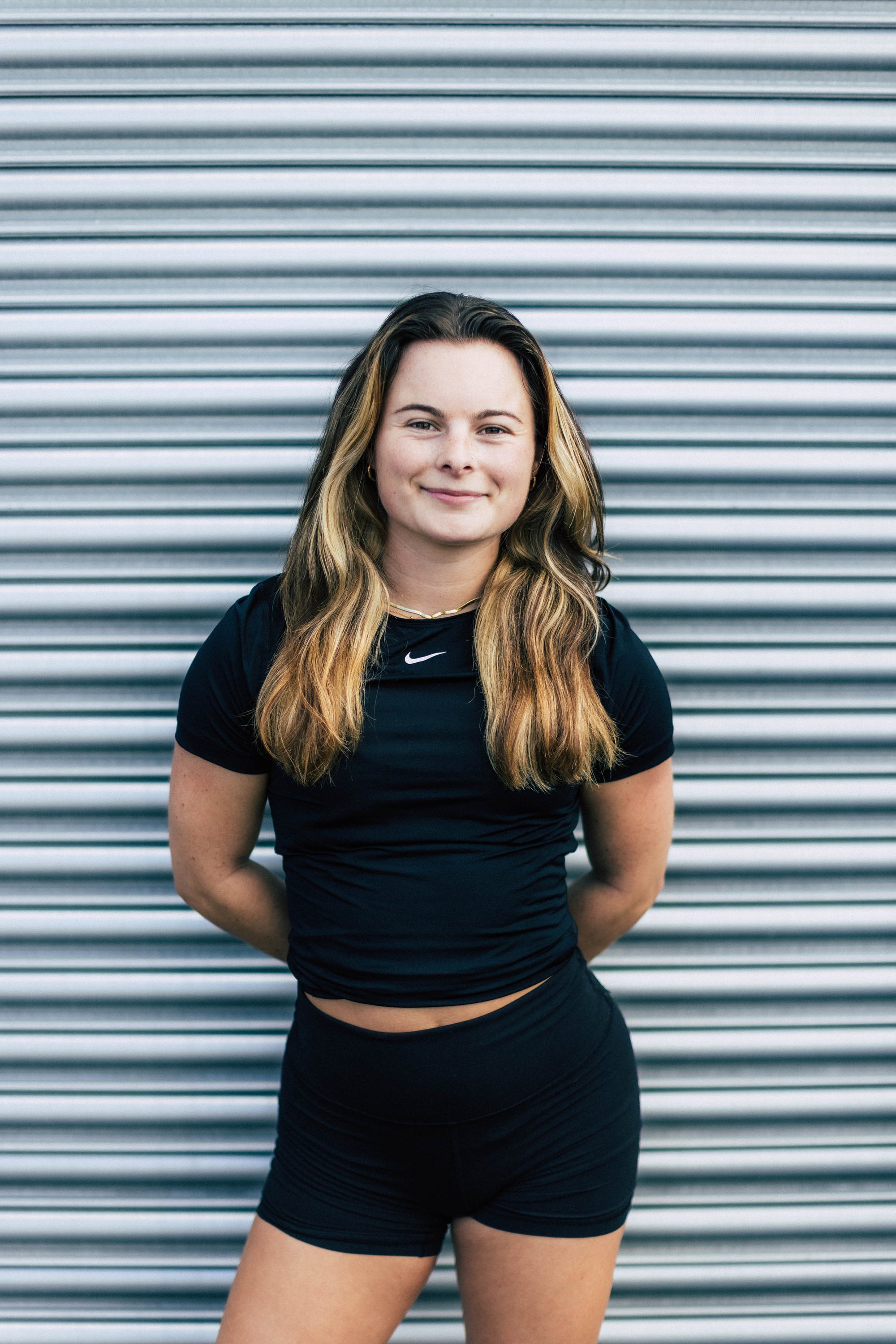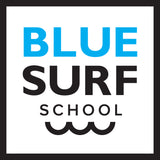

· By Adam Daly
Fueling Your Surf Session by Harriet Renkin
Hi, I'm Harriet - a Sports & Performance Nutritionist. Adam at Blue Surf School asked me to pull together some nutritional advice to help you get the most out of your surf session.
This advice can be used no matter your athletic ability and goes beyond just surfing - it can help you in any activity you may choose to do in the future!
Introduction:
Whether it's your first lesson or you're a seasoned surfer there's no two ways about it - surfing is hard! There are however some simple changes you can implement to make your surf session that little bit easier.
The simplest change of them all is making sure you're fueling your body properly to get the most out of it during your time in the water.
Here, we'll delve into the science behind fueling for surfing, explore the predominant energy systems, and discuss pre-session nutrition ideas tailored specifically for surfers.
It’s important to remember, while some diets may work for certain populations, a "one size fits all" approach doesn't consider individual needs. That's why it's crucial to find a nutrition plan that aligns with your goals, lifestyle, and unique personal requirements.
Understanding Your Body's "Fuel" Needs:
Surfing demands strength, power, and endurance - so how do you keep your energy levels up when you're potentially out surfing for hours on end?
Your body relies on two main energy systems:
- Aerobic: Think of this as your endurance engine, powering you through longer surf sessions and helping with long stretches of steady paddling.
- Anaerobic: This kicks in during short bursts of intense activity, like paddling to catch a wave or an explosive "pop-up".
Now, let's talk about fuel. Your body needs glucose from carbohydrates for quick energy, especially during intense surfing sessions. Depleting your glycogen stores can leave you feeling tired and unable to perform your best. That's why it's crucial to fuel up with the right foods before heading into your session.
Pre-Surf Nutrition:
Before your surf session, focus on consuming a balanced meal that provides sustained energy without weighing you down. Opt for complex carbohydrates paired with lean protein and healthy fats to fuel your muscles and stabilise blood sugar levels.
Timing of Pre-Surf Nutrition:
Timing your pre-surf meal or snack is crucial to ensure optimal energy levels and performance in the water. Here's a breakdown based on the time of your surf session:
Early Morning Session (7:00-9:00):
If you have a surf session early in the morning, such as a lesson at 9:30 am, it's essential to fuel up adequately beforehand. Ideally, you want to eat something at least 1-2 hours before hitting the waves.
If you struggle to eat a meal this early, consider a smaller snack such as a banana and a handful of nuts or a crumpet with jam. In addition, some individuals find that consuming solids close to their session can cause gastrointestinal discomfort, so don’t be afraid to make a smoothie as an alternative - liquids are just as effective when it comes to fueling! Remember, for optimal performance, you must put fuel the tank (a.k.a your body)!
- Opt for a balanced breakfast that includes carbohydrates for energy, protein for muscle support, and healthy fats for sustained energy. Examples include oatmeal with nuts and fruit, scrambled eggs with whole grain toast, or a smoothie with protein powder, banana, and spinach.
Late Morning or Afternoon Session (10:00-16:00):
If your surf session is later in the morning or in the afternoon, adjust your meal timing accordingly. Ideally, aim to eat your main meal 2-3 hours before surfing to allow for digestion and absorption of nutrients - this might be breakfast or an early lunch.
If your training session is anywhere between 14:00-16:00, ensure you have a small snack at least 30-60 minutes before training to ensure glucose (energy) levels are topped up! A perfect example could be a piece of fruit or Lunchbox Soreen bar (my favourite!)
- Enjoy a well-rounded meal 2-3 hours before surfing, consisting of complex carbohydrates, lean protein, and vegetables or fruits. For example, grilled chicken with pasta and veggies, brown rice with tofu and stir-fried veggies, or a turkey (or plant-based alternative) and avocado sandwich on whole grain bread.
Late Night Surf Session (17:00-20:00):
For those catching waves in the evening or at night, it's essential to fuel up earlier in the day to ensure you have enough energy for your session. Remember, fuel the tank! Consider having a minimum of two balanced meal with carbohydrates, protein, and healthy fats and 1-2 snacks across the day.
- Fuel up earlier in the day with a balanced meal to ensure sustained energy for your evening surf session. Choose options like whole grain pasta with tomato sauce and grilled fish or chicken, a couscous salad with mixed greens, beans, and avocado, or a veggie buddha bowl
'What if I don’t want to eat a meal before training?' If you find that having a full blown meal causes bloating and discomfort before training, aim to consume a larger snack. An example of this could be a large bowl of yoghurt, granola and fruit.
Remember to listen to your body and adjust your meal timing and composition based on your individual preferences and digestive comfort. By fueling your body with the right nutrients at the right time, you can optimise your performance and make the most out of every surf session.
Takeaway Tips for Surfers:
- Prioritise carbohydrates in your diet to fuel your surf sessions and maintain energy levels.
- The closer you are to a training session the smaller the size of your meal or snack wants to be to prevent gastrointestinal discomfort.
- Liquids are just as effective as solids.
- Stay hydrated with water and electrolyte-rich beverages to prevent dehydration.
Bio:
Harriet Rekin is a registered Performance Nutritionist (ANutr), PT and CrossFit Trainer passionate about helping her clients fuel to thrive.
With a BSc in Exercise, Nutrition & Health, MSc in Clinical and Public Health Nutrition, and over two years working as a nutritionist, she has strong scientific and evidence-based knowledge to empower you to reach your goals.
Harriet's work uses a multi-disciplinary approach providing support, accountability and education. She takes a holistic approach to nutrition, considering not just what you eat, but also when you eat, how you eat, and your relationship with food.
Her Aim:
To empower you to achieve your goals in the simplest, most effective and sustainable way.
To enhance your quality of life and promote longevity.
To educate you on the principles of nutrition
To provide you with the tools and confidence to continue your journey independently
To help you thrive, not just survive
You can find out more about her services here: https://www.theweightliftingnutritionist.com/
